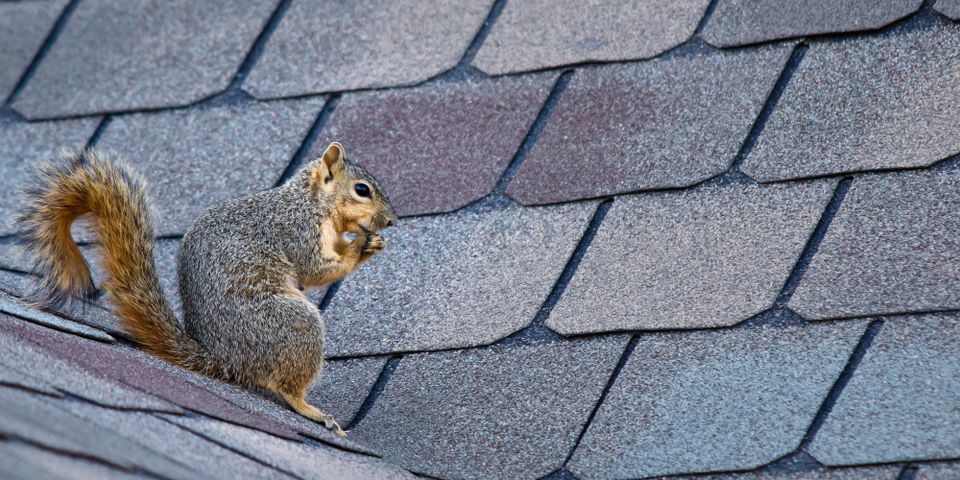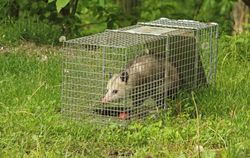3 Misconceptions About Wildlife Removal

You probably don't often find wild animals in your home. As a result, many homeowners are unfamiliar with wildlife removal and hold onto common misconceptions about it. If you're hoping to learn more about how this practice works, review the truth below.
Common Myths About Wildlife Removal
1. It Isn’t Animal-Friendly
Thanks to the Department of Energy and Environmental Protection (DEEP), wildlife removal professionals must abide by strict guidelines. Not only are some animals—such as bats—illegal to trap, but even common nuisances must be relocated to DEEP-approved forest lands once they're captured. Therefore, you can rest easy knowing that getting an animal out of your home won't cause them harm.
2. It’s Just Like Pest Control
 If you've come up with a solution for your home's ant or roach problem, you might assume you can handle a squirrel or possum just fine. However, wildlife removal is an entirely different practice that would require even professional pest control technicians to learn new skills. From crawling into confined spaces and safely interacting with dangerous animals to humanely capturing and relocating them, wildlife removal requires an experienced professional.
If you've come up with a solution for your home's ant or roach problem, you might assume you can handle a squirrel or possum just fine. However, wildlife removal is an entirely different practice that would require even professional pest control technicians to learn new skills. From crawling into confined spaces and safely interacting with dangerous animals to humanely capturing and relocating them, wildlife removal requires an experienced professional.
3. It’s Just About Trapping Animals
After a wild animal is removed, the professional will figure out how they got into the house and how to prevent more from following. For example, a technician could point out an opening in your roof or a hole in your basement you never noticed.
Additionally, in some cases, wildlife removal isn't about trapping at all. For example, if you find bats in your attic, Connecticut wildlife control companies must seal the structure and install one-way exits. This way, the bats can leave on their own terms, but won't be able to return.
If you suspect a wild animal in your home, turn to American Bio-Tech Wildlife Services in New Milford, CT. Since 1971, their team has been ethically removing a wide range of animals from homes and properties. The company is owned by a wildlife biologist who’s committed to upholding DEEP guidelines, as well as preventing animals from entering your home again. To learn more about their services, visit their website or call (860) 355-1231.
About the Business
Have a question? Ask the experts!
Send your question

